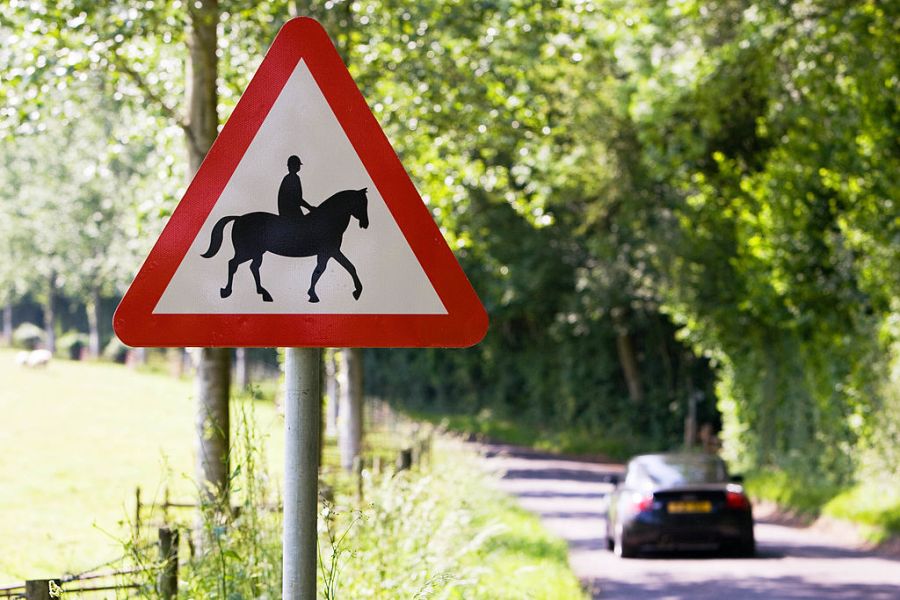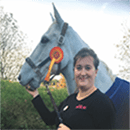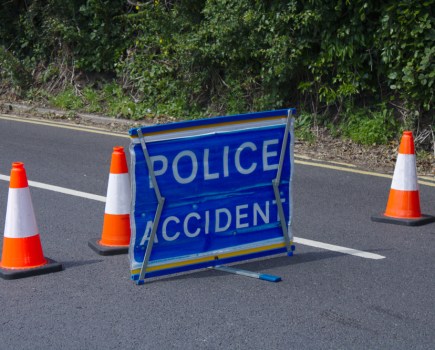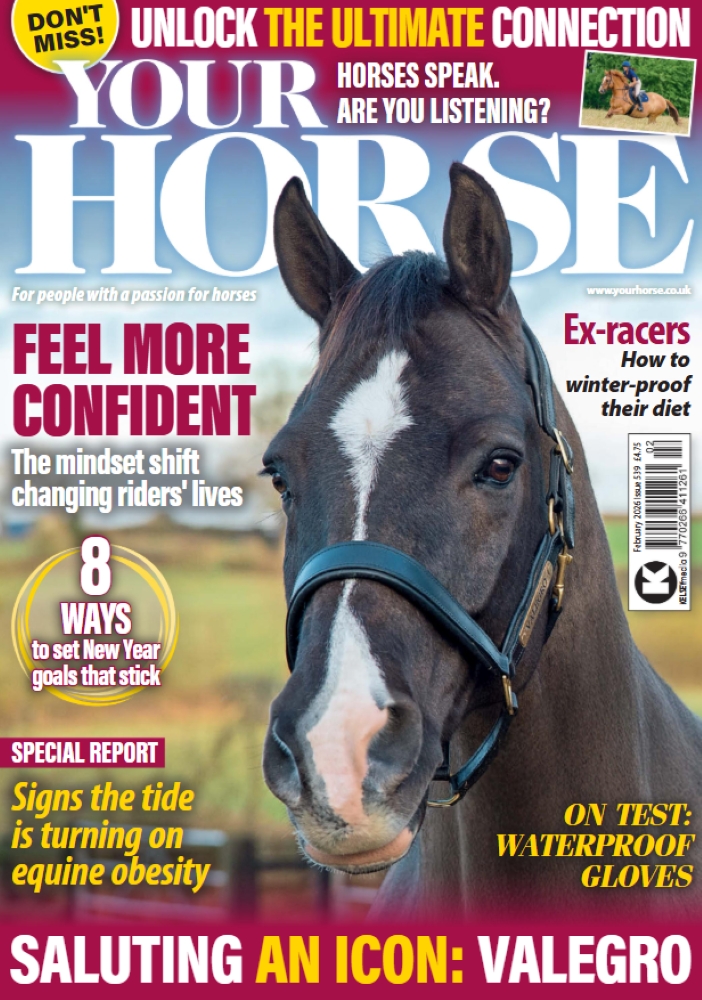Politician Christine Grahame raised the important issue of keeping horses and riders safe while hacking on the road in Scottish Parliament this week (Tuesday 20 May).
Christine, Member of the Scottish Parliament for Midlothian South, Tweeddale and Lauderdale Constituency, asked the First Minister to support the British Horse Society’s Dead Slow campaign, explaining that it urges drivers to take care around horses on the road.
She added that this was particularly necessary for city drivers, who may not be familiar with driving on rural roads.
“As the welcome summer months approach, we enter the season of gala days and common ridings across the Borders, Midlothian and throughout rural Scotland,” said Christine.
“The British Horse Society [BHS] has launched a “Dead Slow” campaign, which is aimed at motorists, in order to prevent injuries and even deaths for riders and horses.
“Will the First Minister encourage drivers — particularly city drivers — to remind themselves of their obligations under The Highway Code on how to drive when there are horses on the roads in rural areas?
“I declare an interest as Convener of the Cross-party group on animal welfare.”

Photo © Ken Jack/Corbis/Getty Images
First minister’s response
First Minister of Scotland, John Swinney, replied that horse riders are recognised as vulnerable road users and the government works with partners such as the BHS to improve safety.
He also said that a vulnerable road users working group, which includes the BHS, met on 1 May.
“We very much support the activities that Christine Grahame referred to,” he said.
“Common ridings are a critical part of the identity of the Scottish Borders, and gala days around the community are important celebrations of local activity.
“In our awareness campaigns, we will urge all drivers, particularly those who are unfamiliar with rural roads, to follow The Highway Code by passing horses at no more than 10mph and giving at least 2m of space for horses as they pass.”
Common riding
Common riding in the Scottish Borders was commonplace between the 13th and 15th centuries, when there were frequent raids on the English (Anglo)-Scottish border and so riders would patrol the border in order to protect it.
Now, every summer, hundreds of horses and riders ride out of towns and along the borders in order to commemorate the practice.
In Scotland, the Land Reform Act 2003 means members of the public, including horse riders, have a legal right to access most land, providing they act responsibly and subject to exclusions set out in the Act.
This is often referred to as ‘freedom to roam’.
“Too many riders and horses have suffered avoidable injuries,” said Christine Grahame MSP on her Facebook page.
“As Convener of the Cross-Party Group on Animal Welfare, I believe we must do more to raise awareness, particularly among city drivers, of the Highway Code guidance when passing horses.”
Watch the Parliament discussion here
Main image © Tim Graham/Getty Images








